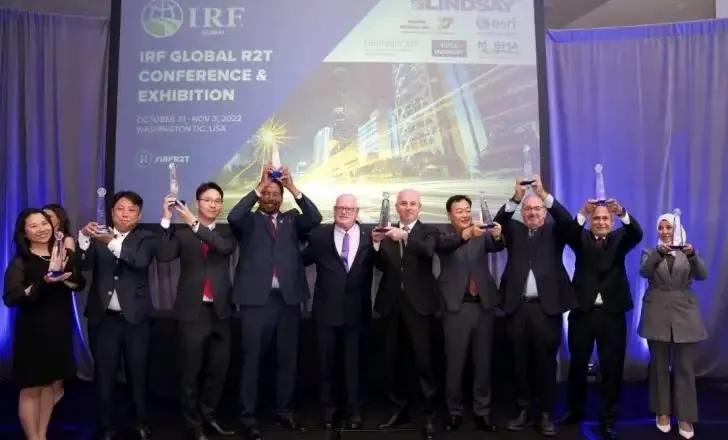AutoTrack Junctions, developed by UK engineering software company Savoy Computing Services has been short-listed for an Innovation Award at TranspoQuip 2012 in Brazil. The company says that AutoTrack Junctions is currently probably the quickest way to model roundabouts and many times faster than traditional methods. Users can create and edit roundabout designs to national standards in 2D and 3D with optional capacity and accident analysis and road sign placement. The award is being judged by leading indust
October 15, 2012
Read time: 2 mins
AutoTrack Junctions, developed by UK engineering software company 551 Savoy Computing Services has been short-listed for an Innovation Award at TranspoQuip 2012 in Brazil.
The company says that AutoTrack Junctions is currently probably the quickest way to model roundabouts and many times faster than traditional methods. Users can create and edit roundabout designs to national standards in 2D and 3D with optional capacity and accident analysis and road sign placement.
The award is being judged by leading industry experts and the prize is to be presented by Paulo Sergio, the Brazilian Minister of Transport.
Mark Burgess of Savoy is delighted, “This is great news! Latin America is a relatively new market for us and we are honoured that all of the hard work that we have put in over the years developing AutoTrack, has been recognised in this way. I am excited for the future and am sure that engineers in this part of the world can begin to take advantage of the new advances that we are consistently making in transportation modelling and design”
The company says that AutoTrack Junctions is currently probably the quickest way to model roundabouts and many times faster than traditional methods. Users can create and edit roundabout designs to national standards in 2D and 3D with optional capacity and accident analysis and road sign placement.
The award is being judged by leading industry experts and the prize is to be presented by Paulo Sergio, the Brazilian Minister of Transport.
Mark Burgess of Savoy is delighted, “This is great news! Latin America is a relatively new market for us and we are honoured that all of the hard work that we have put in over the years developing AutoTrack, has been recognised in this way. I am excited for the future and am sure that engineers in this part of the world can begin to take advantage of the new advances that we are consistently making in transportation modelling and design”










